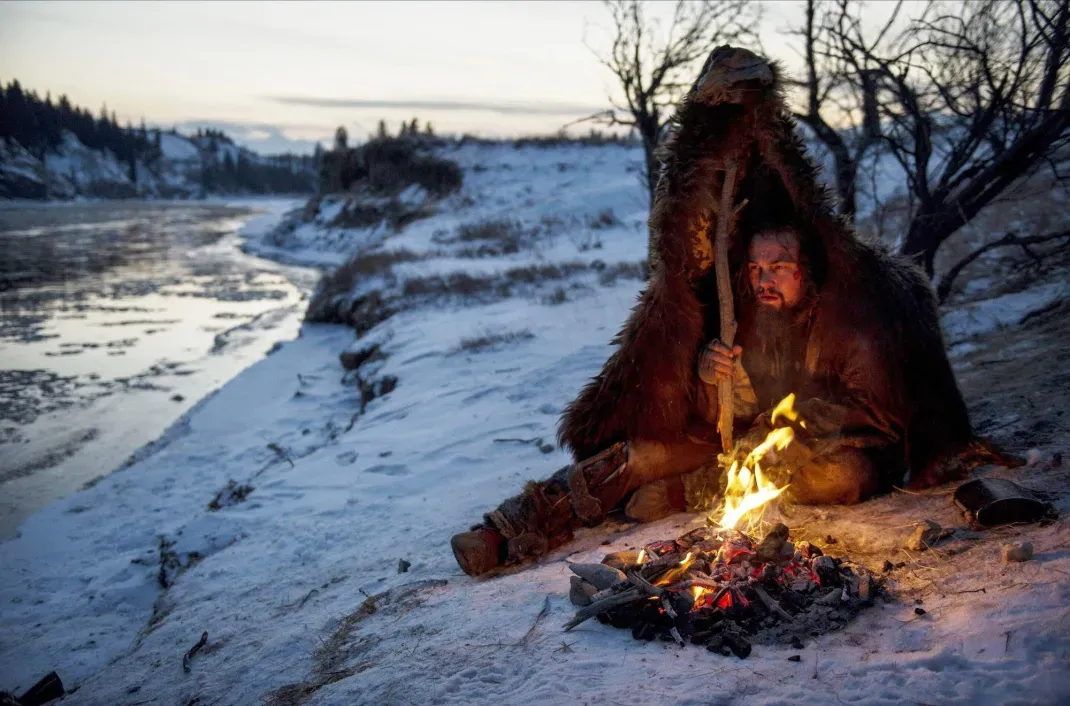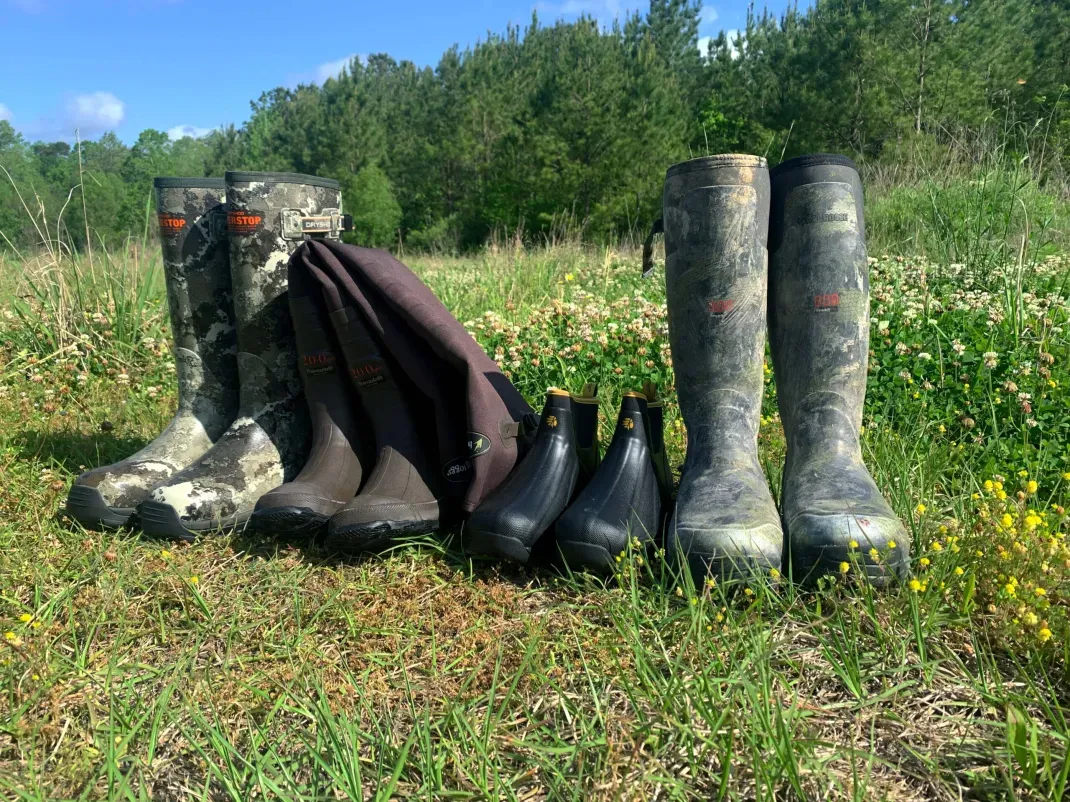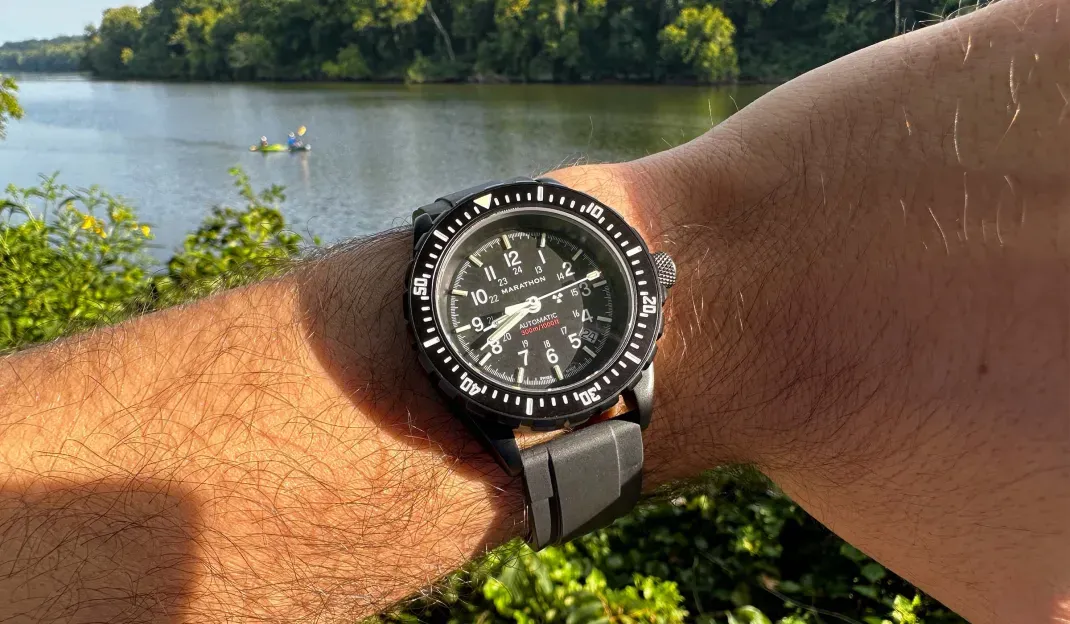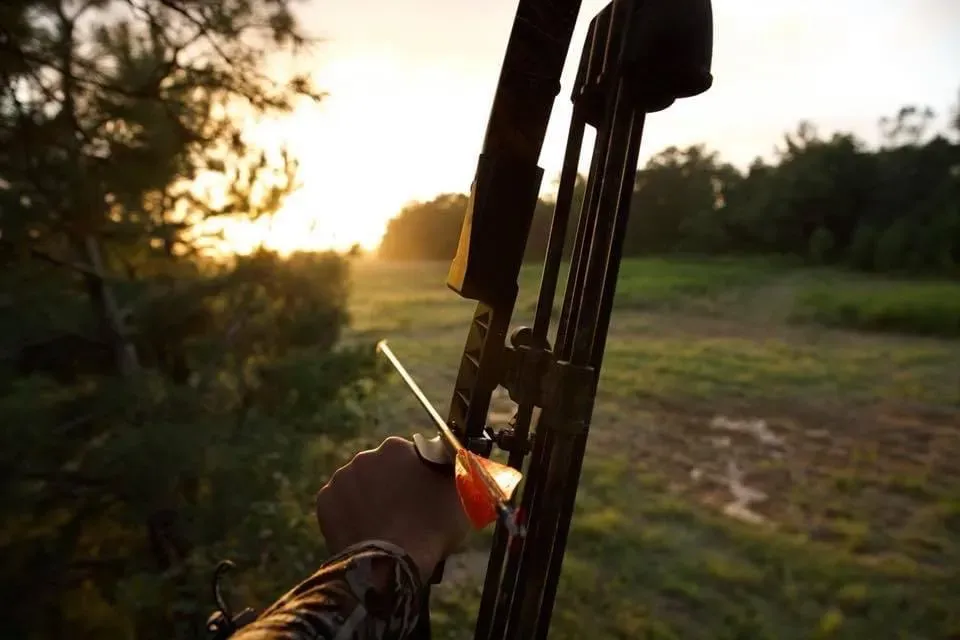The 6 Best Survival Movies, Plus 2 We Hate
Survival movies often captivate audiences with their intense narratives and gripping challenges. Among the best are films that showcase resilience and human spirit in the face of nature's fury or dire circumstances, featuring characters who must navigate harrowing situations, often against all odds. These films typically blend thrilling action with emotional depth, leaving viewers on the edge of their seats. However, not all survival films succeed; some fall flat due to unrealistic scenarios or poor character development, failing to resonate with audiences. The contrast between the captivating and the disappointing highlights the diverse landscape of survival cinema.

Survival movies have a unique ability to captivate audiences by immersing them in the intense struggles of characters faced with life-and-death situations. These films often explore themes of resilience, resourcefulness, and the human spirit's indomitable will to survive against overwhelming odds. From natural disasters to hostile environments, the best survival movies not only entertain but also provoke thought about human nature and our relationship with the world around us. In this exploration, we delve into six of the best survival movies that stand out for their storytelling, direction, and emotional depth, while also discussing two films that, despite their potential, failed to resonate with audiences for various reasons.
One of the standout survival films is "The Revenant," directed by Alejandro González Iñárritu. This film is a visceral experience that follows the harrowing journey of frontiersman Hugh Glass, played by Leonardo DiCaprio, who is left for dead after a brutal bear attack. The cinematography is breathtaking, showcasing the stark beauty of the American wilderness. The film’s relentless pace mirrors Glass’s struggle as he fights against the elements, wild animals, and his own injuries to seek revenge on those who abandoned him. DiCaprio’s performance is raw and powerful, earning him an Academy Award for Best Actor. "The Revenant" is not just a tale of survival; it also delves into themes of betrayal, vengeance, and the primal instincts that emerge when one is pushed to the brink.
Another remarkable film is "127 Hours," directed by Danny Boyle. Based on the true story of mountaineer Aron Ralston, portrayed by James Franco, this gripping narrative delves into the psychological and physical toll of being trapped alone in a remote canyon. Ralston becomes trapped when a boulder falls on his arm, and he must confront a series of harrowing choices in order to survive. The film is an intense character study that highlights the human capacity for creativity and determination in the face of seemingly insurmountable odds. Boyle’s direction, coupled with Franco’s compelling performance, creates a visceral viewing experience that keeps audiences on the edge of their seats, reminding us of the fragility of life and the will to fight for it.
"Cast Away," directed by Robert Zemeckis and starring Tom Hanks, is another essential survival film that combines elements of adventure and introspection. Hanks plays Chuck Noland, a FedEx executive whose plane crashes on a deserted island. Stranded and isolated, Noland must learn to adapt to his new environment, utilizing his ingenuity to survive while grappling with loneliness and despair. The film beautifully captures the transformation of Noland from a man tied to his corporate job to an individual who discovers his inner strength and resilience. The iconic image of Noland befriending a volleyball named Wilson has become a symbol of the human need for connection, making "Cast Away" a touching exploration of survival that resonates on multiple levels.
In the realm of animated films, "The Breadwinner," directed by Nora Twomey, stands out as a powerful survival story. Set in Afghanistan under Taliban rule, the film follows young Parvana, who disguises herself as a boy to support her family after her father is unjustly imprisoned. The film not only tackles issues of gender and oppression but also highlights the power of storytelling as a means of survival. Through Parvana's journey, "The Breadwinner" emphasizes the importance of hope, courage, and the strength of the human spirit in the face of adversity. The animation is visually stunning, and the emotional depth of the narrative makes it a compelling survival story that transcends cultural boundaries.
"All is Lost," directed by J.C. Chandor and starring Robert Redford, is a minimalist survival film that tells the story of a lone sailor who battles the elements after his yacht collides with a shipping container. With minimal dialogue, the film relies heavily on Redford's performance to convey the struggle and desperation of the character. The ocean serves as both a beautiful backdrop and a formidable adversary, and the film’s tension builds as the sailor’s situation becomes increasingly dire. "All is Lost" is a testament to the human spirit’s resilience and determination, as the protagonist fights against the odds in a silent, yet profound struggle for survival.
Lastly, "Life of Pi," directed by Ang Lee, is a visually stunning survival film that blends spirituality and adventure. Based on the novel by Yann Martel, the story follows young Pi Patel, who survives a shipwreck and is left stranded on a lifeboat with a Bengal tiger named Richard Parker. The film explores themes of faith, survival, and the bond that develops between Pi and the tiger as they navigate the vast ocean. The cinematography is breathtaking, and the narrative is both thought-provoking and deeply emotional, making "Life of Pi" a modern classic in the survival genre.
Conversely, not all survival films manage to capture the hearts of audiences. "The Mountain," directed by Rick Alverson, is one such film that failed to resonate despite its ambitious vision. The film presents a bleak and monotonous exploration of a man’s emotional and physical struggles as he grapples with the loss of his mother and his disconnection from the world. While it attempts to delve into themes of existentialism and trauma, the pacing and lack of character development left many viewers feeling detached rather than engaged.
Similarly, "Into the Wild," directed by Sean Penn, received mixed reactions. Based on the true story of Christopher McCandless, who ventures into the Alaskan wilderness seeking freedom and self-discovery, the film has been both praised for its beautiful cinematography and criticized for its romanticized portrayal of McCandless’s journey. Some viewers felt that the film glossed over the harsh realities of survival, leading to a disconnection from the character's struggles.
In conclusion, survival movies hold a special place in cinema, allowing audiences to witness the extraordinary lengths to which individuals will go to survive. From the breathtaking landscapes of "The Revenant" to the emotional depth of "The Breadwinner," these films offer a compelling exploration of the human spirit. However, not every survival film succeeds, as seen in "The Mountain" and "Into the Wild," which struggled to connect with their audiences. Ultimately, the best survival movies remind us of our inherent resilience and the power of hope in the face of adversity.






